A meeting at the United Nations headquarters in New York, USA. (Source: THX/TTXVN)
Four months later, on October 24, 1945, the United Nations was officially established after the United Nations Charter was ratified by France, the former Soviet Union, Great Britain, the United States, and China.
Over the past 80 years, the United Nations has always played a leading role in efforts to prevent and resolve conflicts, contributing greatly to repelling the risk of war, maintaining peace and building a developed, prosperous and happy world.
Relentless efforts for a fair and better world
The birth of the United Nations in 1945 reflected the common aspiration of peoples of all countries for a world of peace, security and development after the horrors of World War II.
This is a milestone marking a historic development in modern international relations, opening a new era in resolving, preventing conflicts and maintaining international peace.
The noble mission of the United Nations is clearly stated in the United Nations Charter to prevent a new world war. To carry out that mission, Article 1 of the United Nations Charter clearly states the four main goals of the United Nations: to maintain international peace and security; to promote friendly relations among nations on the basis of respect for the principle of equal rights among peoples and the principle of self-determination of peoples; to carry out international cooperation through solving international problems in the economic , social, cultural and humanitarian fields on the basis of respect for human rights and fundamental freedoms for all peoples, regardless of race, color, language and religion; to build the United Nations as the center to coordinate international efforts for common goals.
Soldiers from the United Nations Peacekeeping Mission in Mali (MINUSMA) patrol in Fafa, near Gao (Mali). (Photo: AFP/VNA)
The main operating principles of the United Nations are clearly stated in the United Nations Charter: Equality of national sovereignty; respect for territorial integrity and national political independence; prohibition of the threat or use of force in international relations; non-interference in the internal affairs of countries; respect for international obligations and international law; settlement of international disputes by peaceful means.
To this day, the United Nations Charter remains the fundamental document that sets out the core principles that all member states must adhere to, the framework that has governed the conduct of states over the past 80 years, and the foundation for the modern international legal system.
According to the United Nations Charter, the nations have given this Organization the role of being the center for harmonizing international efforts to achieve the common goals of maintaining international peace and security; promoting friendly relations among nations; promoting cooperation in solving international economic, social, cultural, and humanitarian problems on the basis of respect for human rights and dignity.
Over 80 years of development, the United Nations has promoted its great role, tirelessly making efforts to maintain peace, prevent conflicts and wars, and enforce the core norms of international relations in the United Nations Charter.
The United Nations has actively played a mediating role in many international crises through negotiations and initiatives for peaceful solutions to hundreds of conflicts in various regions, with an ever-expanding scope and scale. Thanks to the intervention of the United Nations, many conflicts have been resolved.
Since officially deploying peacekeeping forces in 1948, the United Nations has deployed 71 missions with over 2 million personnel; has helped resolve many conflicts between countries, contributed to curbing some potential conflicts that could lead to military conflicts between major countries, supported the decolonization process and ended some long-standing civil wars, and helped maintain peace in some regions and the world.
Officers of Level 2 Field Hospital No. 6 and Engineering Team No. 3 before leaving for peacekeeping mission. (Photo: Trong Duc/VNA)
The United Nations currently maintains 11 peacekeeping missions and a number of special political missions, with nearly 70,000 personnel from 122/193 member countries.
United Nations peacekeeping operations have proven to be one of the most effective tools for the international community to deal with complex conflicts that threaten international peace and security.
Also over the past 80 years, hundreds of important multilateral international treaties in many fields have been signed, creating a common framework for maintaining international peace and security and promoting socio-economic development.
In recent years, the United Nations has achieved achievements in global cooperation and development, signed the Treaty on the Prohibition of Nuclear Weapons, reformed the United Nations Development System, implemented the Millennium Development Goals (MDGs) 2015 and deployed the Sustainable Development Goals (SDGs) 2030; solved global issues of hunger eradication, poverty reduction, protection of women and children, ensuring human rights, improving healthcare, culture, education, environmental protection, responding to climate change...
The United Nations has truly become a symbol of global solidarity, a place that crystallizes progressive humanistic values and realizes the aspiration to strive for a peaceful, prosperous and just world.
Reform for the future
Although many important achievements have been made, many analysts also say that the current world situation has fundamentally changed compared to when the United Nations was founded 80 years ago.
Geopolitical tensions, global challenges such as climate change, resource depletion, and pandemics continue to increase and become increasingly severe, posing challenges beyond the control of each country and requiring multilateral mechanisms to resolve. This requires the United Nations to reform to maintain its role as "conductor."
Recently, at the United Nations Future Summit in New York (USA) in September 2024, UN members adopted the Future Compact to address a series of conflicts, environmental threats, as well as technological challenges facing humanity. This is considered a "groundbreaking" future plan, proposing 56 actions covering many issues including peace and security, sustainable development, climate change, digital cooperation, human rights, young people and the future, and global governance transformation.
The treaty highlights a commitment to multilateralism, upholding the UN Charter and maintaining peace; calls for reform of international financial institutions and the UN Security Council, with plans to improve the council’s effectiveness and representation, including by addressing the lack of representation from Africa; emphasizes new efforts to address climate change; promotes disarmament; and outlines directions for AI development.
These important agreements will help ensure that the United Nations system adapts, is reformed and rejuvenated to meet the changes and challenges around us and deliver solutions for all.
United Nations Secretary-General Antonio Guterres. (Photo: Kyodo/VNA)
Then, in March 2025, UN Secretary-General Antonio Guterres announced the launch of the UN80 Reform Initiative - a major reform of the United Nations on the occasion of its 80th anniversary this year.
United Nations Secretary-General Antonio Guterres stressed that the crises facing the world are placing increasing demands on the organization.
According to Mr. Guterres, this is an important and appropriate time to expand all efforts of the United Nations and set greater ambitions.
In May 2025, at the discussion session on the UN80 United Nations Reform Initiative, UN Secretary-General Antonio Guterres continued to emphasize the importance of the United Nations needing to quickly change to improve its ability to respond to global challenges in the new context.
The head of the world's largest multilateral organization called on member states to support the UN80 Initiative with three main focuses: improving operational efficiency through cost-saving measures, streamlining the apparatus and reducing overlap; reviewing the way assigned tasks are carried out; and adjusting the structure throughout the United Nations system.
According to Mr. Guterres, the above changes not only improve efficiency, resolve overlapping and inefficient use of resources, but also significantly save operating budgets...
Despite many challenges, it is undeniable that the United Nations has achieved proud results over the past 80 years.
With the relentless efforts of the world’s largest multilateral organization, many things that were once just wishes have now become reality. However, in the new context, UN reform is considered both a challenge and an opportunity for the United Nations to enhance its operational efficiency and continue to contribute to building a sustainable future for humanity./.
According to VNA
Source: https://baothanhhoa.vn/80-nam-hien-chuong-lhq-nen-tang-khong-the-thieu-cho-mot-the-gioi-hoa-binh-253251.htm



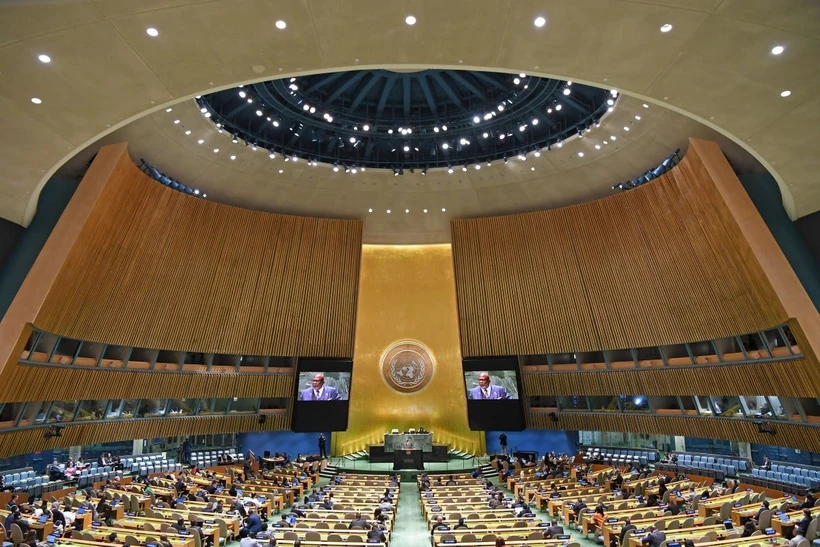
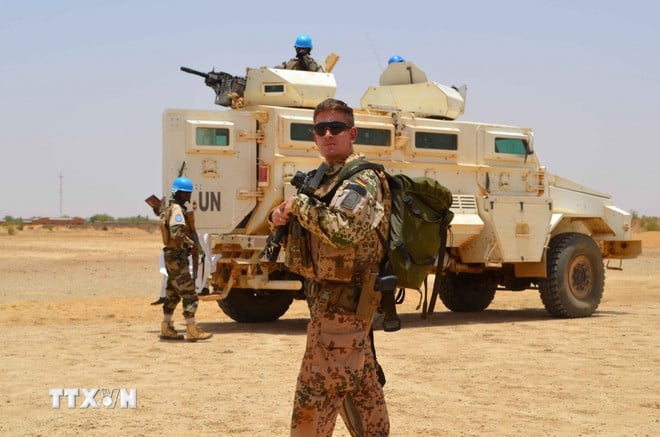
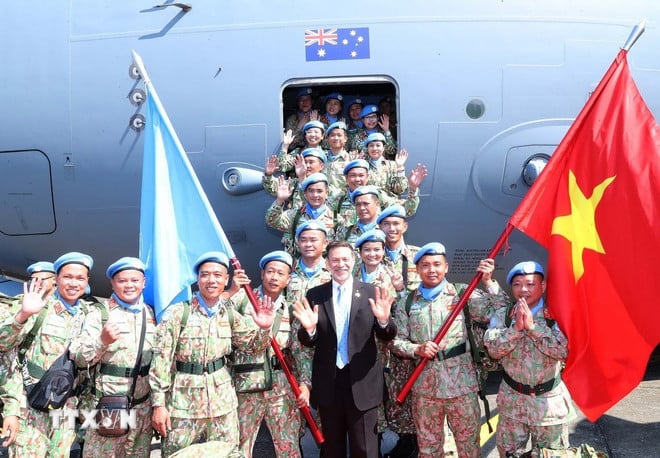
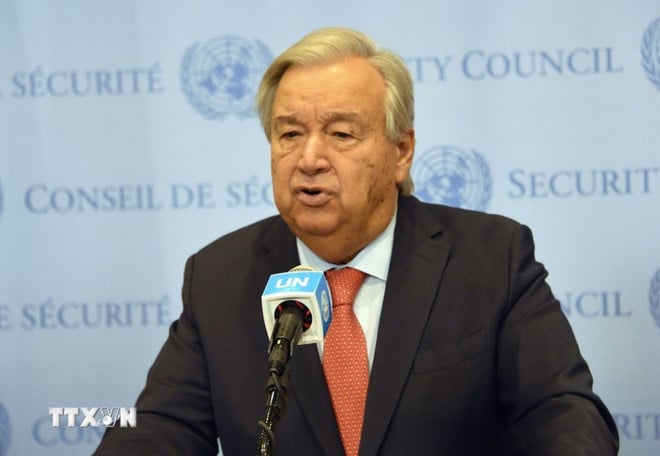


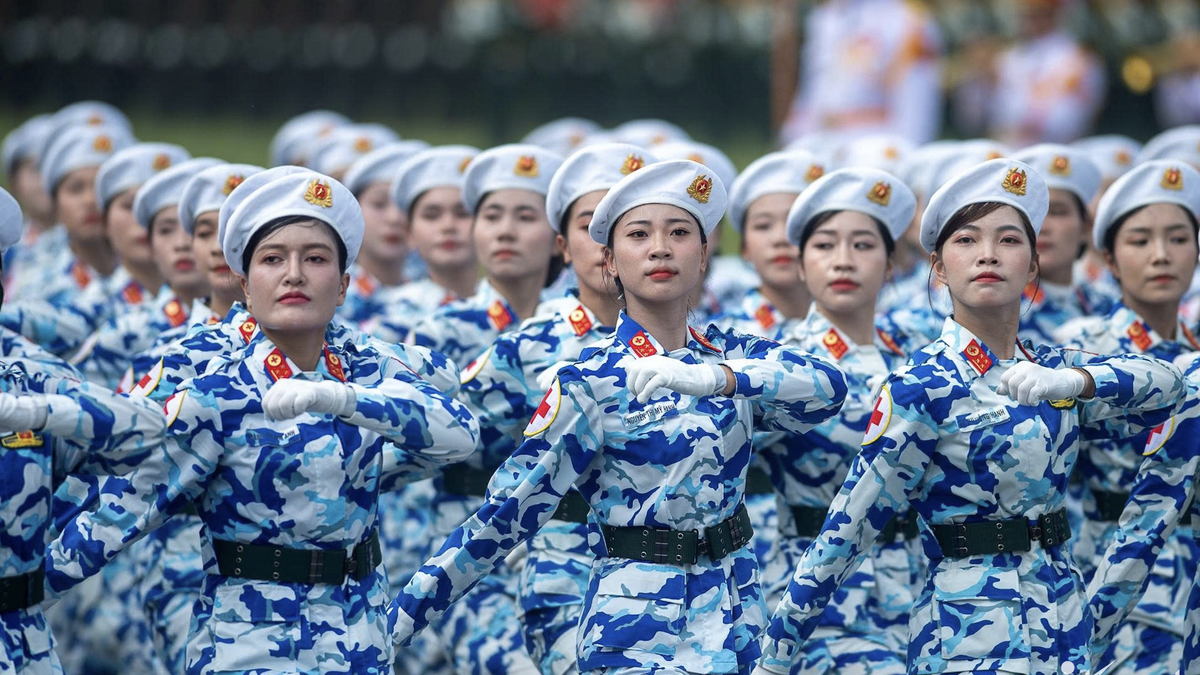
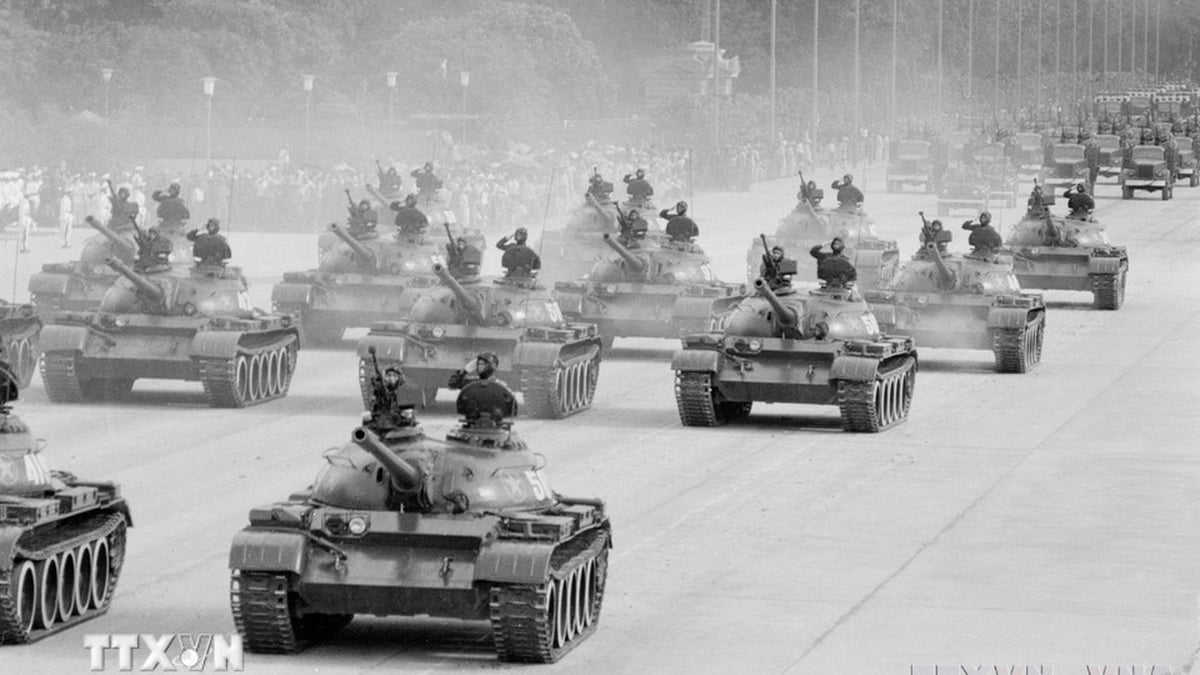
![[Photo] Multi-colored cultural space at the Exhibition "80 years of the journey of Independence - Freedom - Happiness"](https://vphoto.vietnam.vn/thumb/1200x675/vietnam/resource/IMAGE/2025/8/26/fe69de34803e4ac1bf88ce49813d95d8)
![[Photo] Hanoi: Authorities work hard to overcome the effects of heavy rain](https://vphoto.vietnam.vn/thumb/1200x675/vietnam/resource/IMAGE/2025/8/26/380f98ee36a34e62a9b7894b020112a8)
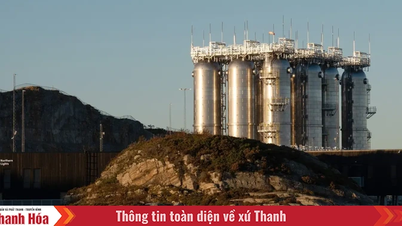
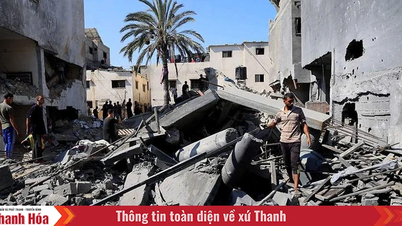







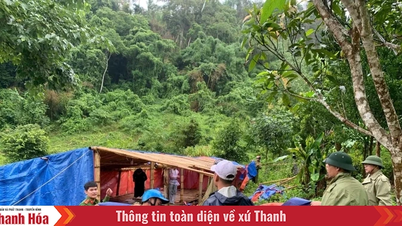
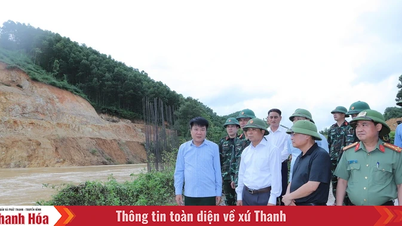



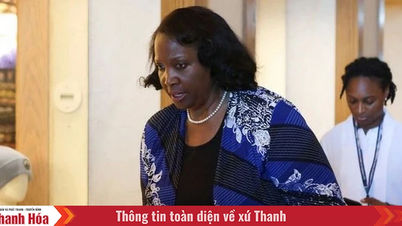






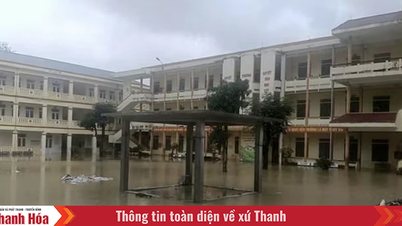



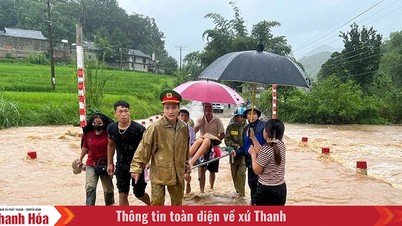
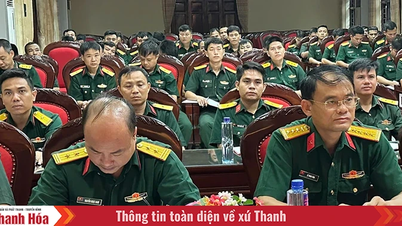
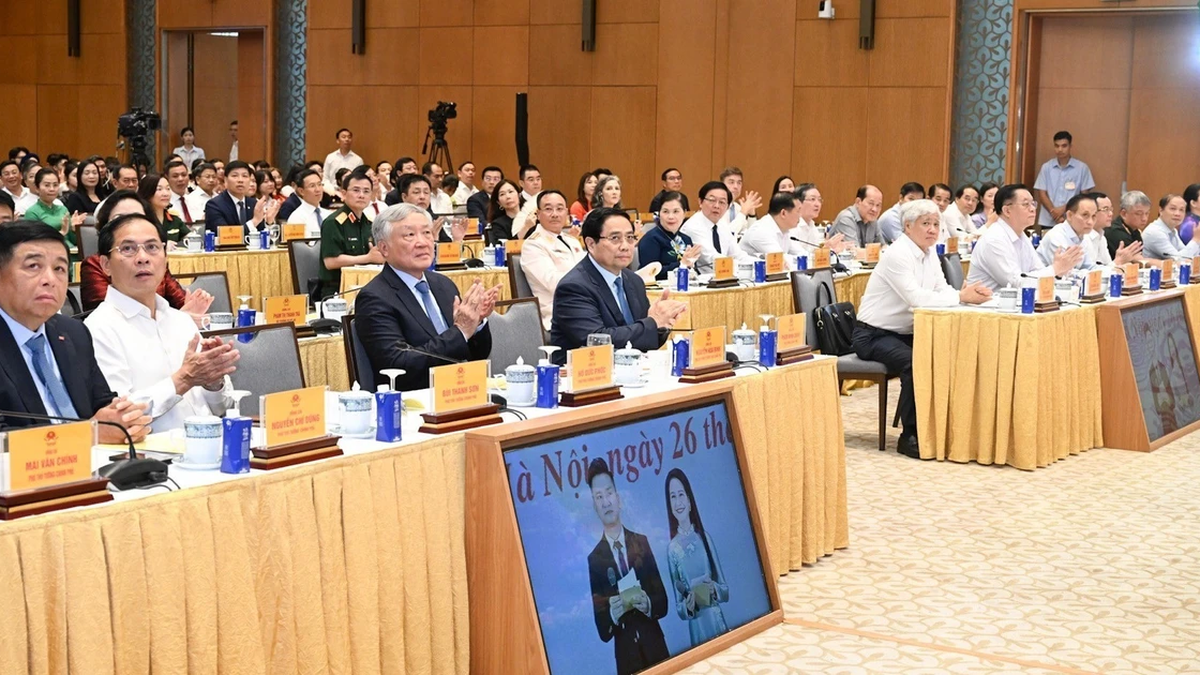































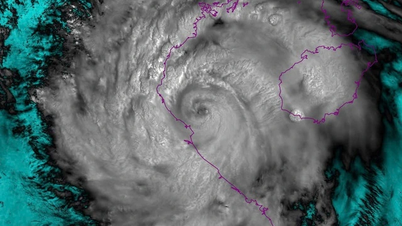


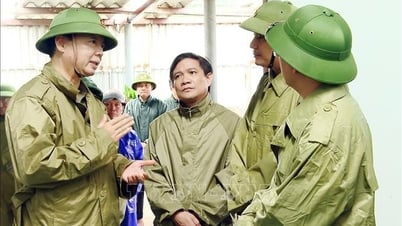

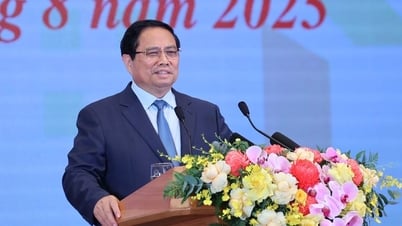
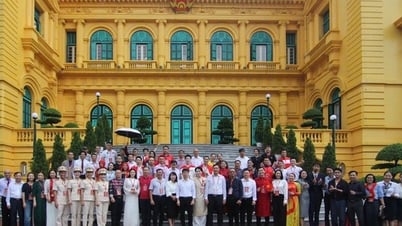

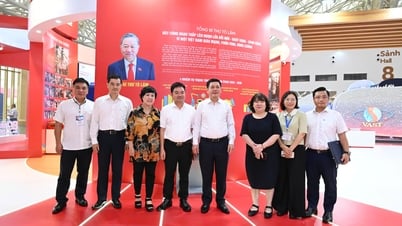

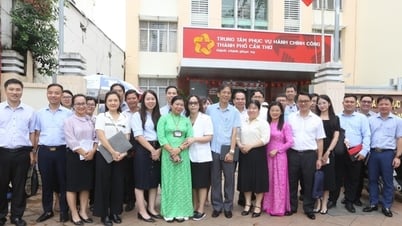

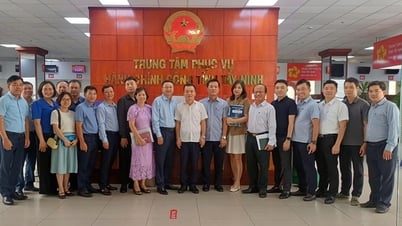
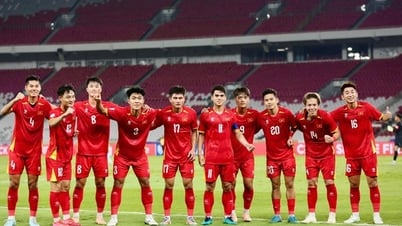

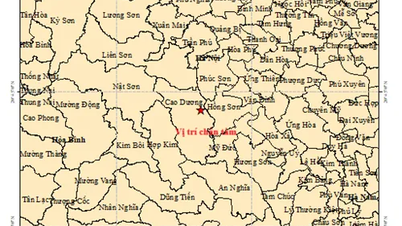


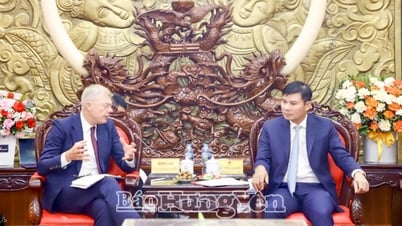




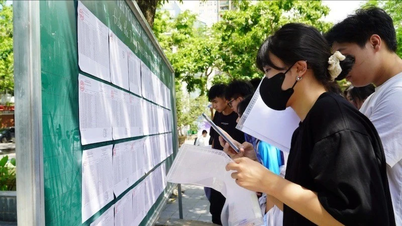





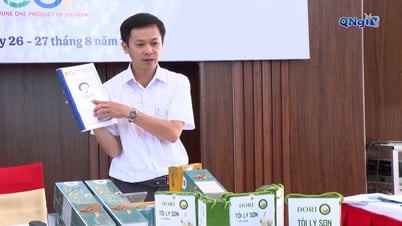









Comment (0)